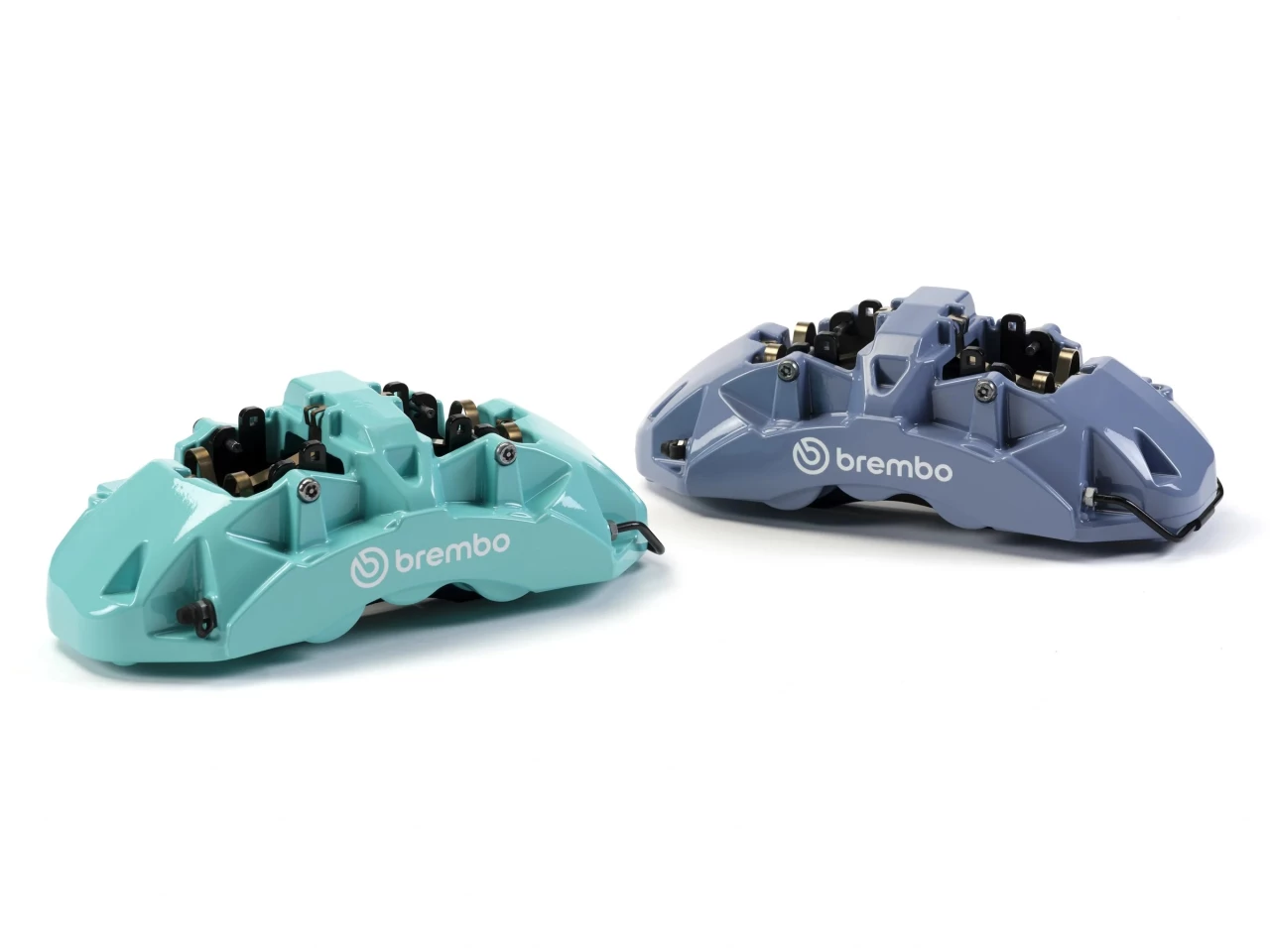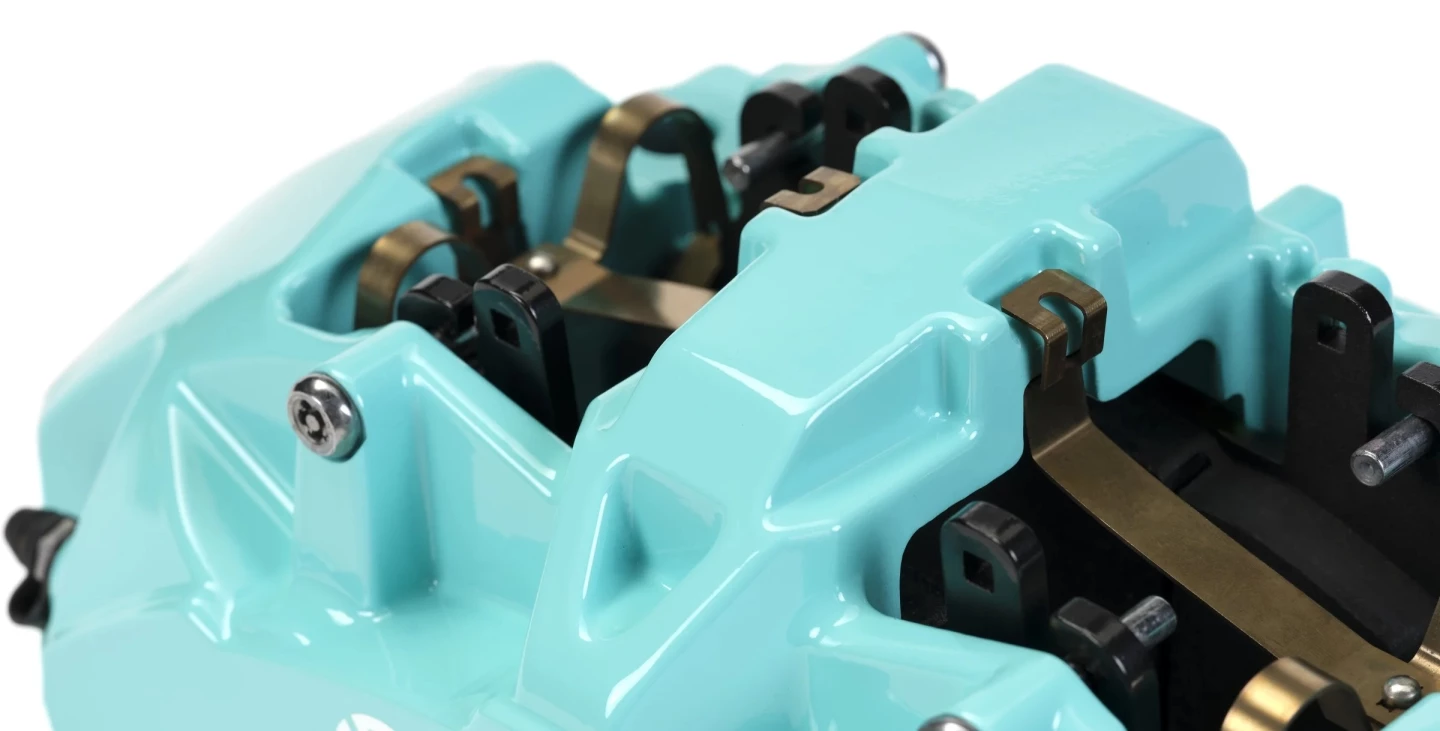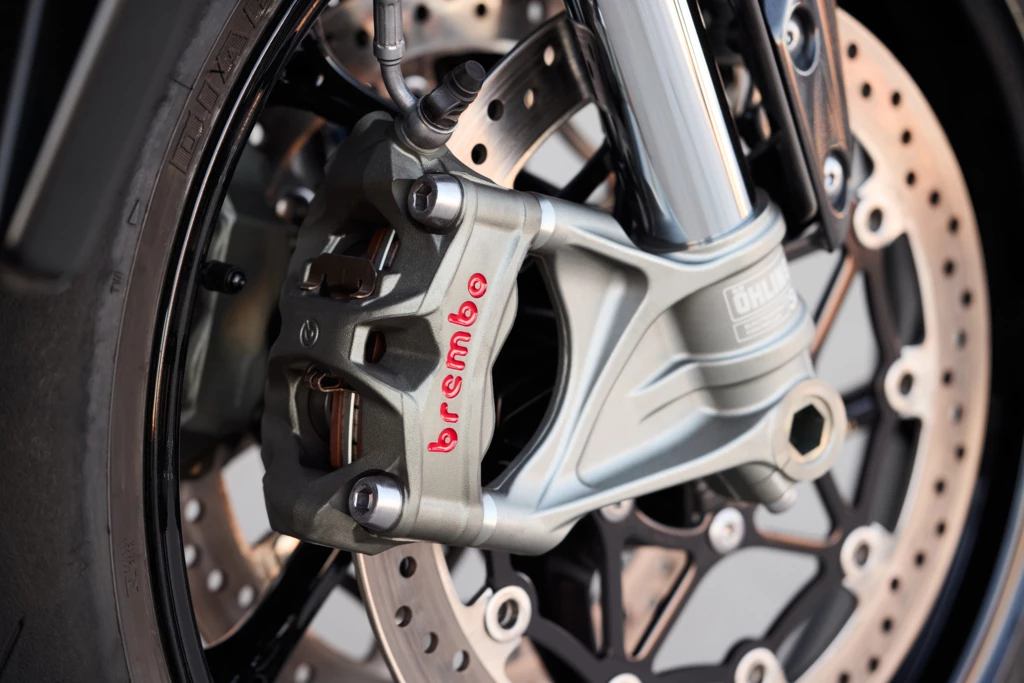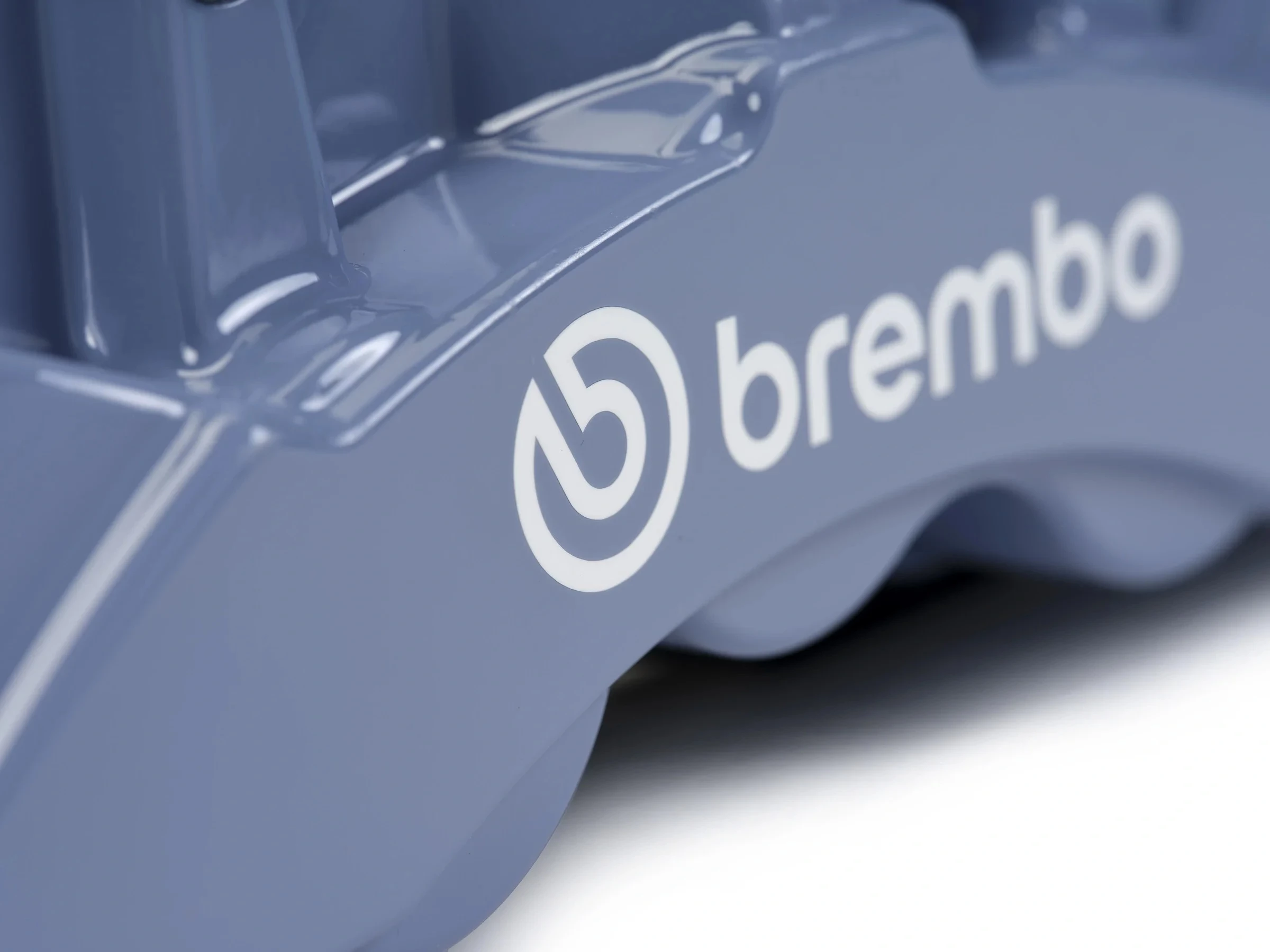You don’t become one of the world’s top motorcycle component manufacturers for nothing. For the past five years, Brembo has been working to improve the environmental impact of its manufacturing processes – and now, it's claiming a breakthrough.
Brembo has developed a brake caliper made from an alloy composed entirely of 100% recycled aluminum. According to the company, this new alloy reduces life cycle emissions per caliper by up to 70%, without compromising performance or design.
Aluminum was chosen for its ability to be infinitely recycled without any loss in quality. To pinpoint where changes could make the biggest difference, Brembo began by evaluating its entire caliper production cycle.

Once that analysis was complete, the next step was to select a material available in all regions where Brembo operates production plants. That includes Europe, the US, Brazil, Mexico, China, India, Japan, and Thailand. That decision makes sense, as it avoids adding logistical complexity or cost.
Switching to the new alloy required updates to both the manufacturing process and product evaluation. Brembo reindustrialized and revamped existing designs to ensure the new system could be implemented across all plants.
Importantly, the new components retain all the stylistic elements that distinguish the Italian brand, including its signature use of color. Calipers built with the new recycled alloy will also carry a new “ALU” trademark emblem to make them visually identifiable.

While Brembo’s claim of a 70% CO2 reduction per caliper is impressive, the broader question is how much that truly shifts the needle across its total operations. A single component – even one as crucial as a caliper – represents just a fraction of a vehicle’s overall environmental footprint. The real win will come when this innovation scales across Brembo’s full catalog and ideally sets a new standard for the industry supply chain.
That, of course, depends on how quickly and cost-effectively Brembo can roll it out. Transitioning every component to a new material spec isn’t a flick-of-a-switch decision; it involves retooling, validation, and supplier alignment. Maintaining cost parity will be key, because if prices rise too sharply, OEMs may hesitate, especially in more price-sensitive product ranges.

Brembo says it has already begun supplying one of its major customers, meaning calipers made from the new alloy could already be appearing on production motorcycles. Given that Brembo supplies braking systems for many of the world’s largest manufacturers of cars, commercial vehicles, motorcycles, and mountain bikes, it’s unclear who that “major customer” might be.
For calipers already in production, Brembo will continue using conventional aluminum until the end of their product life, while prioritizing the usage of aluminum made using renewable energy.
For now, this marks a significant step toward a future where “premium performance” and “sustainability” are no longer at odds. The new ALU emblem could eventually become a symbol of where the industry is headed – toward cleaner engineering that doesn't need to make compromises.
Source: Brembo







